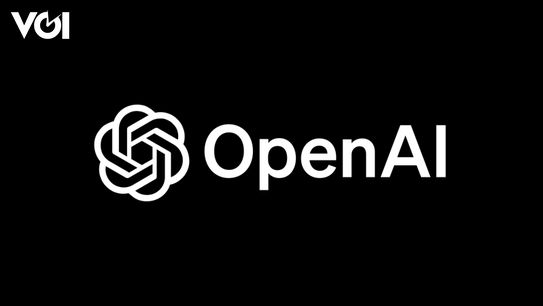OpenAI, a leading technology company based in San Francisco, has developed a revolutionary voting cloning software known as Voice Engine. This software is capable of replicating anyone’s voice in just 15 seconds from a recording of their conversation. However, due to the high risk potential associated with this technology, OpenAI has chosen not to release it to the public.
OpenAI recognizes the serious risks involved in producing a voice that closely resembles that of another person, especially in election years in many countries. Although they plan to provide an early preview to users, they have decided not to widely release the technology at this point to prevent potential abuse.
Authorities in New Hampshire are investigating thousands of automated calls sent to voters ahead of presidential elections using voice generated by artificial intelligence to emulate President Joe Biden. While some startups have sold voice cloning technology, OpenAI has ensured that early users of Voice Engine agree not to imitate someone without their consent and to disclose that the resulting sound is artificial intelligence.
OpenAI plans to follow a similar approach with Voice Engine as they did with previous technologies, such as Sora videos. A brand app submitted on March 19 suggests that OpenAI is likely aiming to venture into the voice recognition business and digital voice assistants, potentially competing with products like Amazon’s Alexa.



